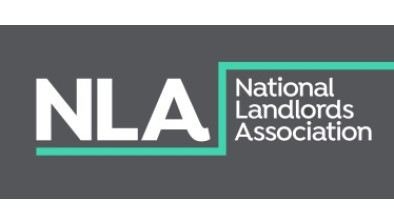Ryanair court case ‘raises question over Right to Rent policy’
 A judgement in a court case involving Ryanair may significantly reduce the UK government’s ability to enforce its ‘Right to Rent’ policy, according to the Residential Landlords Association (RLA).
A judgement in a court case involving Ryanair may significantly reduce the UK government’s ability to enforce its ‘Right to Rent’ policy, according to the Residential Landlords Association (RLA).
In a case involving the airline appealing against fines imposed for carrying illegal immigrants into the UK, the judge held that the way the regime for airlines to check passports is operated by the Home Office “offends the basic concepts of justice and indeed rule of law”.
Significantly, the judge noted that airline staff could not be expected to spot cleverly forged passports that even trained immigration officers found hard to detect.
Whilst the ruling is not binding on other courts, the landlord organisation said it does raise that prospect that under the UK government’s Right to Rent scheme, that expects landlords to check the immigration status of their tenants, a landlord who has also been duped by a good, forged document would be likely to be successful with an appeal against any action taken against them by the Home Office.
The ruling comes just days before the House of Lords debates a motion seeking to suspend the roll out of the Right to Rent scheme across England.
A date has yet to be confirmed for when the policy will be rolled out across the rest of the UK.
RLA policy director, David Smith, said: “This court ruling vindicates what we have been saying all along, that landlords cannot and should not be expected to act as border police or to detect forgeries that trained and experienced airline staff and immigration officers might miss.
“In light of this case and to save the government money from losing similar actions brought by landlords, we call on the government to provide better information to landlords about document forgeries and offer more clarity as to the legal responsibility of landlords duped by forged identify documents.”








